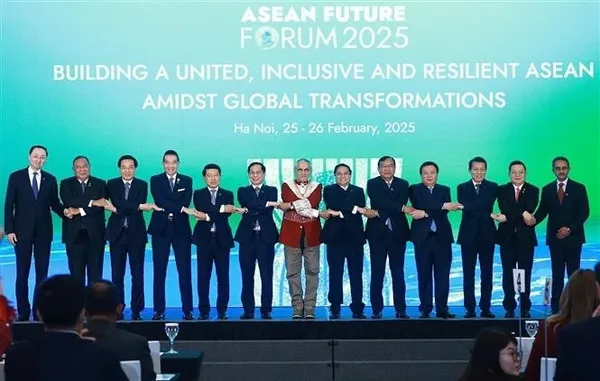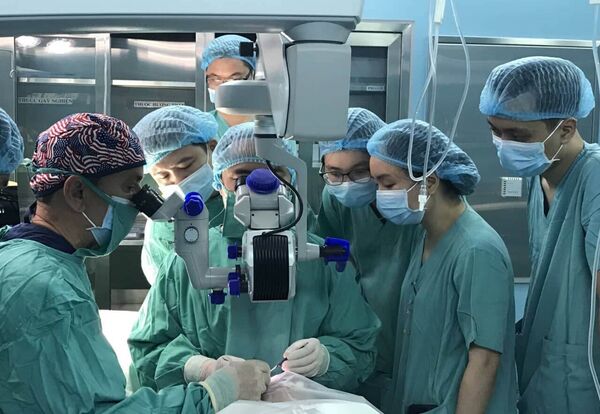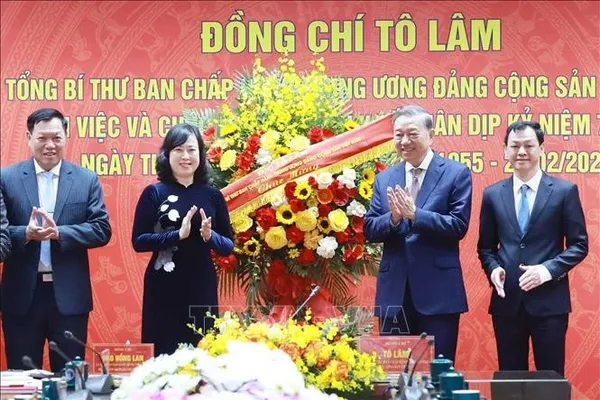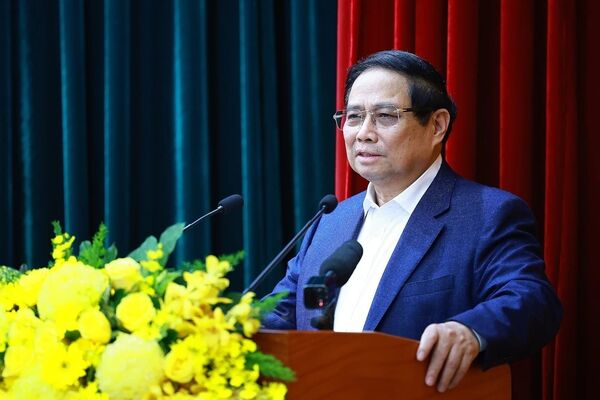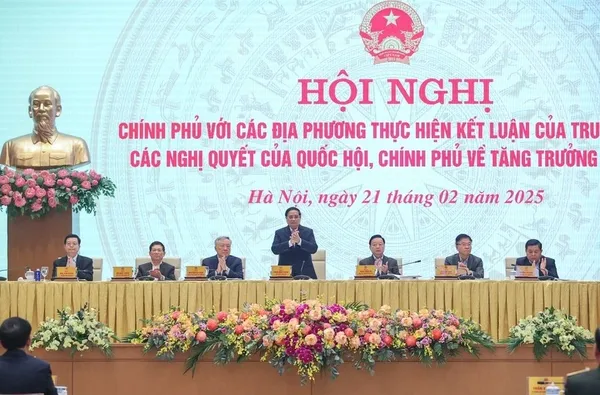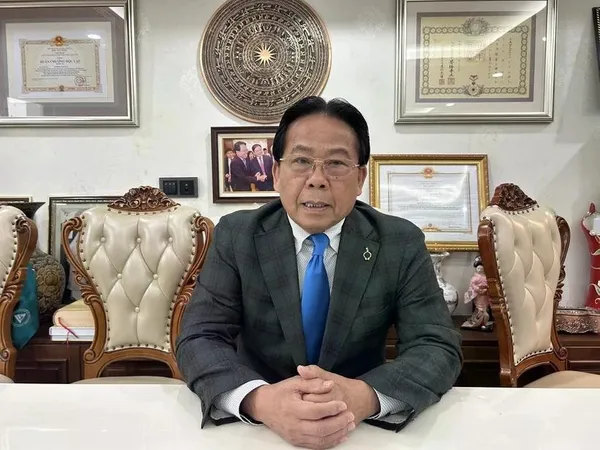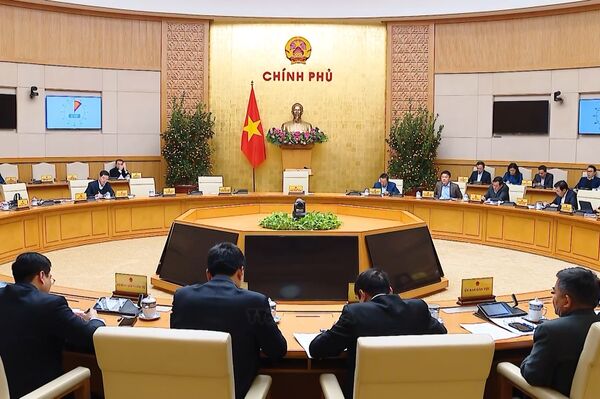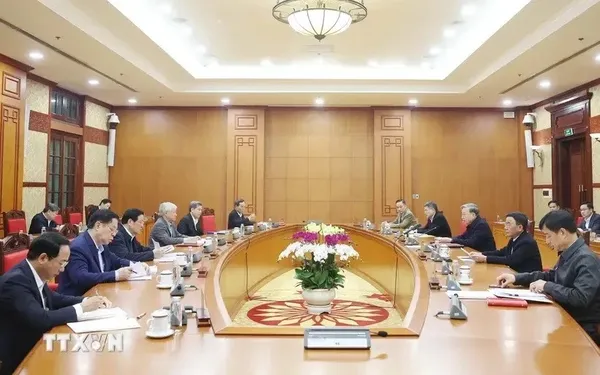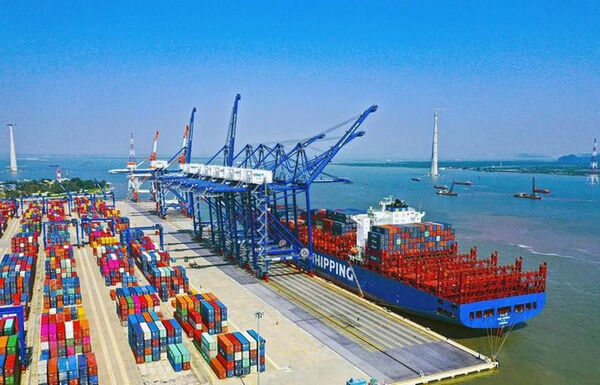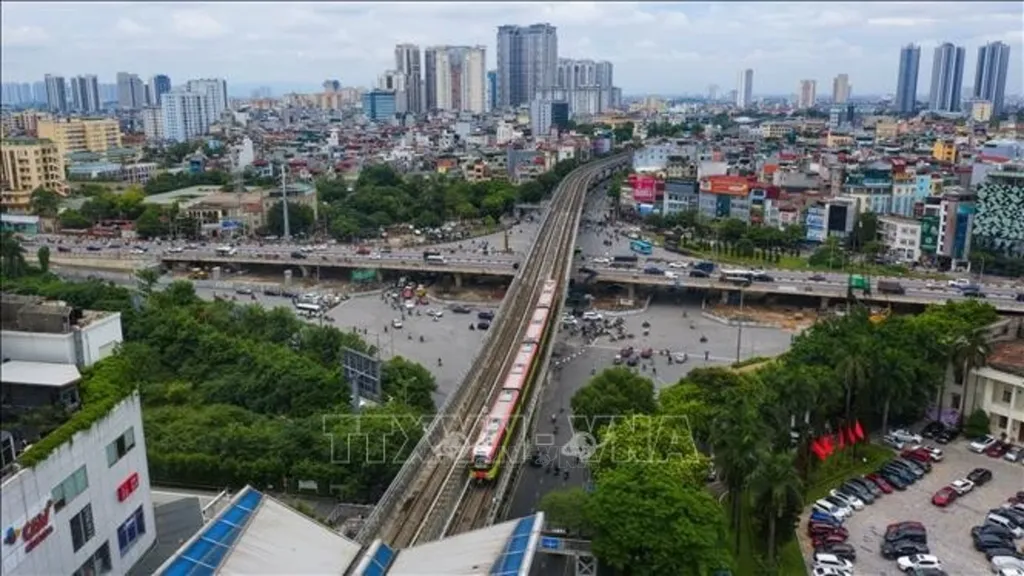 |
| Nhon - Hanoi Station urban railway in Hanoi (Photo: VNA) |
Hanoi (VNA) – National Assembly (NA) Chairman Tran Thanh Man has signed to attest Resolution No. 188/2025/QH15, which introduces a set of pilot mechanisms and policies designed to drive the development of urban rail networks in Hanoi and Ho Chi Minh City.
The resolution outlines a series of specific mechanisms and policies, including the mobilisation and allocation of investment capital; procedures for investing in urban rail projects and those based on the Transit-Oriented Development (TOD) model; the development of the rail industry, technology transfer, and workforce training; policies on construction materials and waste disposal; and specific regulations for HCM City.
Regarding the mobilisation and allocation of investment funds, the resolution specifies that during the planning and implementation phases of projects listed in the annex attached to the resolution, the Prime Minister has the authority to make certain decisions.
Specifically, based on the ability to balance and allocate medium-term and annual public investment plans, the Government will provide targeted additional funding to local budgets, with a maximum of 215.35 billion VND (8.43 million USD) for Hanoi and 209.5 billion VND for HCM City in the medium-term investment periods from 2026 to 2030 and from 2031 to 2035. These funds will serve as the foundation for making investment decisions and implementing projects.
The allocation of funds will come from any increases in revenue and savings in the central government’s annual budget (if applicable), as well as other legal funding sources. If increased revenue or savings are used, the prioritisation process outlined in national budget law will not need to be followed.
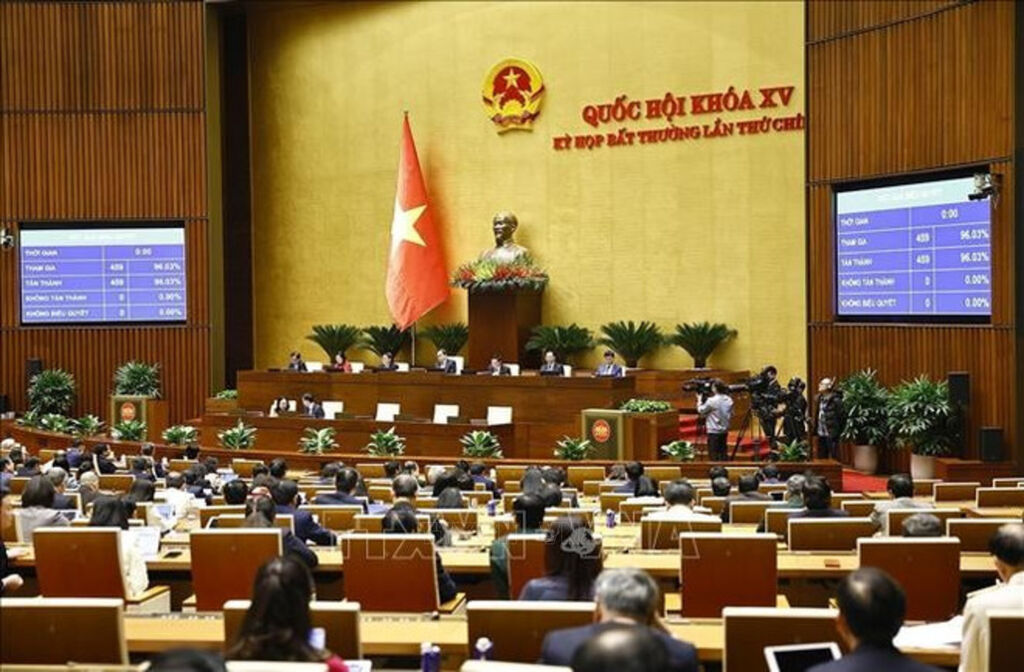 |
| The National Assembly adopts the Resolution No. 188/2025/QH15 on February 19, 2025. (Photo: VNA) |
In addition, the Prime Minister is empowered to approve the mobilisation of official development assistance (ODA) and concessional foreign loans for these projects. No formal project proposal for the use of ODA or foreign loans is required, in accordance with relevant legal provisions. Regulations of foreign donors will apply in cases where Vietnamese law does not have a specific rule, or where there is a discrepancy between Vietnamese law and donor regulations.
The municipal People’s Councils are responsible for balancing and allocating both medium-term and annual local investment plans, with local budgets forming the basis for investment decisions and project implementation. This includes funding from the local budget during the medium-term and annual periods, including foreign loans re-lent by the Government, local government bonds, any increases in annual revenue or savings (if applicable), and other legal sources.
Projects listed in the annex to the resolution will receive funding throughout the medium-term public investment periods, with allocations in line with each project’s progress. There will be no limit on the rollover of funds for ongoing projects into the next medium-term investment period.
To implement urban rail projects and TOD-based rail systems, the municipal People’s Committees will have the authority to use annual local government budget reserves, and advance local budget allocations for the following year, with no more than 50% of the approved basic construction investment budget being allocated to infrastructure projects under the medium-term public investment plan, according to the resolution./.
